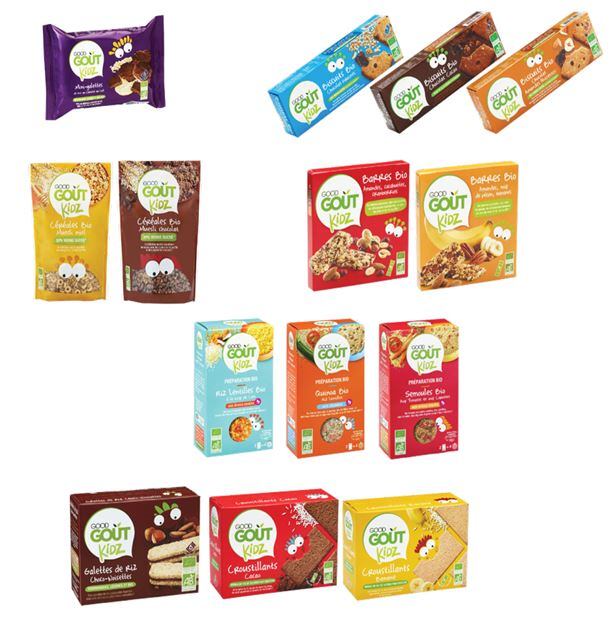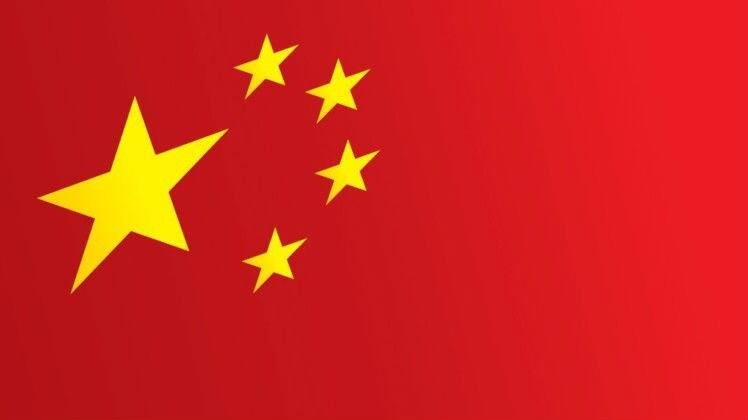Cereal offender: Grains a major source of food imports rejected by China amid safety fears
Cereal-based food products make up the major category of food rejected by the China’s Administration of Customs (GAC) in the month of May.
According to Herbalife’s Nutrition Advisory Board, it is hopeful that new technology can help curb the amount of food wasted.
Dr Kent Bradley, chairman of the Herbalife Nutrition Advisory Board, told FoodNavigator-Asia: “Food spoilage was likely the biggest cause of rejection.”
“Food spoilage can be defined as a disagreeable change in a food's normal state and are due to several reasons: air and oxygen, moisture, light, microbial growth, and temperature,” he said.
US-listed Chinese pork processor reveals supermarket plans to help bolster growth ambitions
Pork processing company China Xiangtai Food Co., Ltd. has unveiled ambitious plans to launch its own supermarkets to sell its branded chilled and frozen products.
The company’s president, Xiaohui Wu, told FoodNavigator-Asia: “We intend to open our own supermarkets in Chong Qing, and nearby areas, as well as sell more variety of products such as smoked pork. We will start regional first, then nationwide.”
The company’s brand is called Penglin Xiansheng, and the firm operates its own slaughterhouse as well as production factory.
China-US trade war: Still plenty of opportunities for Chinese food and nutrition firms – Expert
Despite the ongoing tensions between the United States and China, there are still multiple opportunities for Chinese food and beverage and nutrition firms, particularly those in the health sector, to secure business success, according to an industry expert.
New product development would best follow the direction of current trends, such as anti-ageing and brain health, so as to best secure chances of acceptance by the US Food and Drug Administration (FDA), said United States-based regulatory consultancy Davidia Healthtech President Dr Hua Deng
“Some things that are very hot and in demand [by US consumers] right now are anti-ageing products such as those based on nicotinamide riboside or Urolithin A, as well as products for brain health like HVMN’s Nootrobox, or lutein which was previously best known for eye health,” she said.
Fresh billion-dollar investment: Walmart China to build 10 more logistics distribution centres
Walmart China has committed RMB8bn (US$1.2bn) in investments for the development of at least 10 logistics distribution centres over the next one or two decades, banking on the success and technologies utilised in its first customised fresh food distribution centre launched earlier this year.
According to Walmart China Supply Chain Senior Vice President Ryan McDaniel, the billion-dollar investment will go fully into the company’s supply-chain logistics development, and will be used to either build new centres or upgrade existing ones.
“[This] investment in supply-chain logistics [is] in order to enable our omni-channel development, continue to provide [great] fresh products, and improve our service,” said McDaniel at a Walmart event.
“We will invest to build more than 10 [of these centres] in China in the next 10 to 20 years.”
Swire Coca-Cola capitalising on booming beverage growth in China
Swire Coca-Cola, bottling partner of Coca-Cola, is setting up its China regional headquarters in Shanghai to capitalise on the mainland’s beverage growth potential, a representative from the company told FoodNavigator-Asia.
Revenue from China drew HK$24,382 million in 2018, with a year-on-year revenue growth of 23%.
Other regions grew significantly slower, such as 4% in Hong Kong, 8% in Taiwan, and 11% in the USA.
At the company’s Capital Markets Day this year, it was revealed that 70% of China’s revenue in 2018 came from sparkling beverages, followed by juice (18%), and water (7%).





